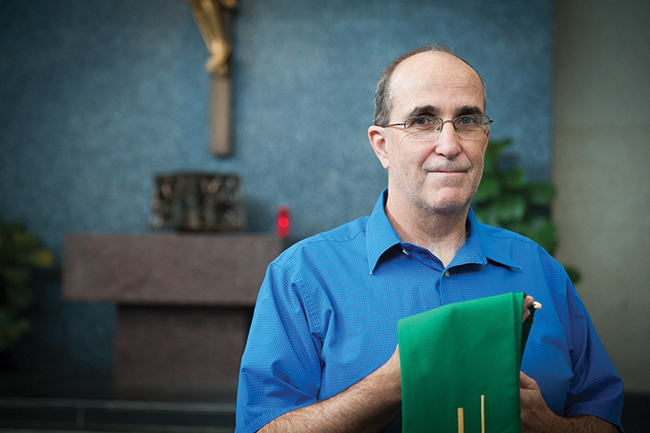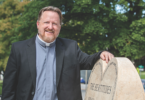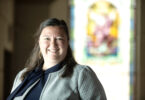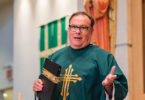
by Leon Suprenant
A vocation to the diaconate, like all vocations, is a mysterious interplay involving God, the deacon-to-be and the church. Predictably then, promotional literature can only scratch the surface of this complex reality.
For example, a diaconal vocation entails more than mere eligibility. Yes, we can only accept fully initiated Catholic men meeting various criteria into the program. Yet, a vocation is much more than checking a bunch of boxes, and the mere fact that the boxes are checked does not indicate that one is “qualified” for the diaconate, as though eligibility could imply entitlement.
Many who aren’t “eligible” to become deacons have amazing gifts, talents and charisms derived from their baptism, so clearly we should not see the diaconate as a prize for the spiritually elite.
A diaconal vocation also entails more than mere availability. Of course, only those who are available to minister in the church as deacons receive a vocation to the diaconate. In other words, for some, the particular demands of faithfully fulfilling one’s vocation as a husband and father, or maybe of meeting work responsibilities, preclude them from considering the diaconate, at least for now.
Yet, the diaconate is definitely not a “retirement vocation.” Some may be “available” precisely because they have not been generous with their time, whereas some seemingly unavailable men manage to integrate the diaconate into the fabric of their already busy lives gracefully and effectively.
A diaconal vocation entails more than a mere desire to help “Father.” Of course, an altruistic desire to “help Father,” or more generally, to serve the people of God, is a noble aspiration and a hallmark of faithful deacons. This desire, however, has to be examined and tested further. There are many ways that a person can “help” based on his or her baptismal dignity. It is not as though deacons have cornered the market on serving others’ needs.
In addition, some may confuse “helping Father” with “being like Father,” fostering the misconception that deacons simply compensate for a shortage of priests (and not a shortage of deacons!).
A diaconal vocation is much more than a mere personal goal. It is healthy that a spiritually mature man might consider the diaconate as the direction the Lord is leading him, and that he would take steps in that direction. In fact, the expectation is that he would be “all in” when it comes to his formation. Yet, the Lord may have other plans. The time spent in formation is never “wasted,” but sometimes it does not lead to ordination.
Next month, we will attempt to go beyond the initial threshold of eligibility, availability and the desire to serve when it comes to discerning this vocation.






